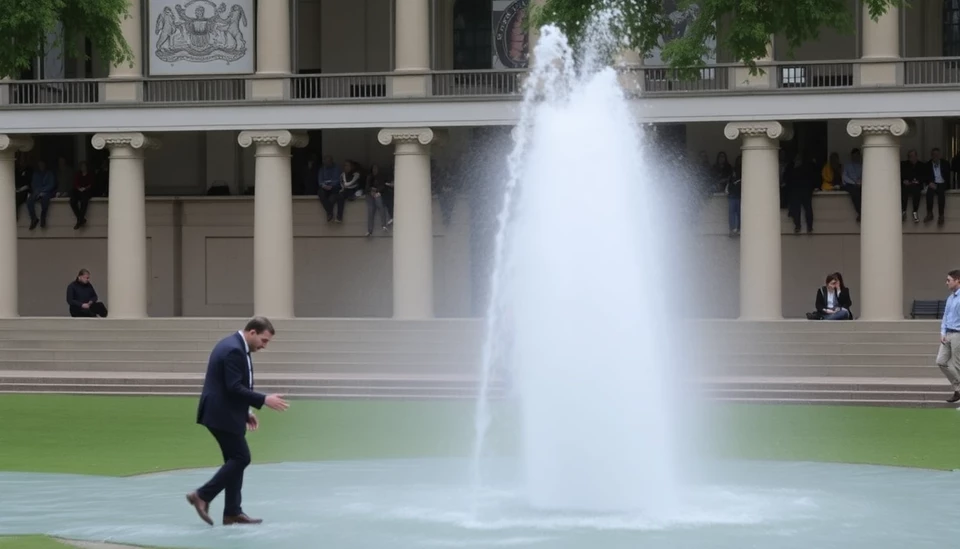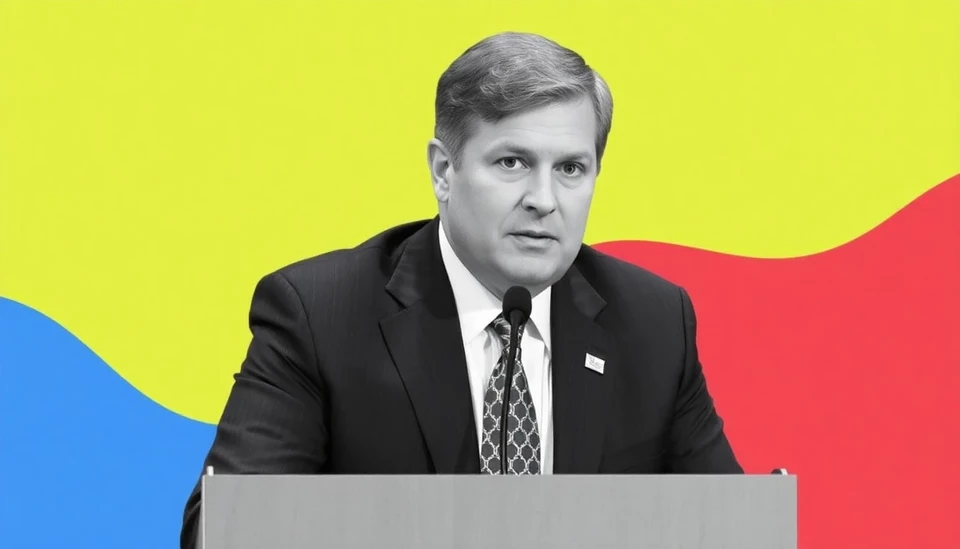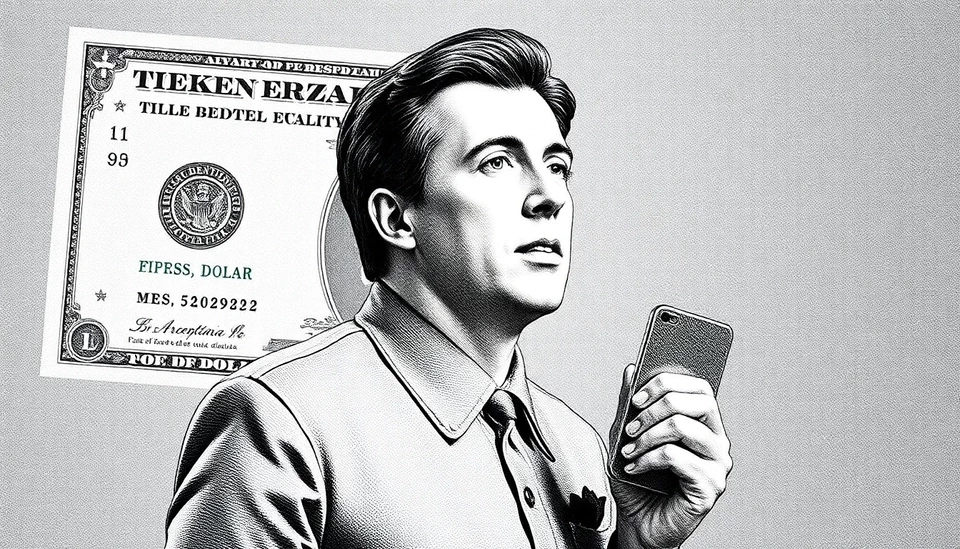
In a striking shift in public sentiment, Argentinians are growing increasingly apathetic towards the U.S. dollar, largely influenced by the radical economic policies introduced by the new president, Javier Milei. Known for his controversial stance against traditional monetary practices and his advocacy for dollarization, Milei's administration is redefining how the Argentine populace views and interacts with currency, as the country battles one of the highest inflation rates in the world.
Historically, the dollar has been a symbol of financial stability for many Argentinians, who have relied on it as a safeguard against local currency devaluation and rampant inflation. However, recent developments indicate a notable shift, as Milei's aggressive economic reforms compel citizens to reconsider their reliance on the greenback. The traditional receptivity to the dollar is waning, especially as Milei aims to establish the Argentine peso as a more stable currency.
One of the major policies under Milei's government is the move towards dollarization, which he proposes as a solution to combat the debilitating effects of inflation. Despite this, many Argentinians are beginning to perceive the risk associated with holding dollars, particularly as they regenerate a sense of nationalism and the importance of the peso. Activists and economic analysts warn of the potential dangers that may arise from an over-dependence on foreign currency, urging citizens to embrace the peso in a bid to restore economic sovereignty.
The Milei administration's push to reduce inflation through drastic measures, including slashing public spending, has resulted in both controversy and support. Proponents argue that these measures are necessary for Argentina's long-term economic health, while critics claim they could exacerbate societal inequalities and deepen hardships for the lower economic classes. The tension between embracing the peso and the persistent allure of the dollar remains a contentious topic among citizens.
Local businesses are also feeling the effects of this transition. With the fluctuating peso and anxieties over inflation, entrepreneurs are finding it challenging to price goods and services. Some sectors have resorted to pricing in dollars as a temporary fix, yet there is a growing realization that long-term solutions must focus on stabilizing the peso itself. The economic experiment led by Milei has ignited debates about the future of the Argentine economy and the role the dollar will play in it.
As this transformative period continues, many Argentinians watch cautiously, weighing the benefits of adopting new economic measures against the familiar comfort of the dollar. Given the volatile nature of the global economy and local politics, the nation’s journey toward economic stability remains uncertain. It is clear, however, that Javier Milei is charting a bold course, and it remains to be seen if his strategies will succeed in altering Argentina's longstanding relationship with the dollar.
With public opinion in flux and a nation on the brink of economic reformation, Argentina stands at a critical juncture. As the days unfold, the question remains: will the peso rise to become a stronghold in the hearts of the people, or will the dollar continue to cast its enduring shadow over the South American nation?
#Argentina #JavierMilei #Dollarization #Economy #Inflation #ArgentinePeso #Finance #EconomicPolicy #Currency #SouthAmerica
Author: Laura Mitchell




